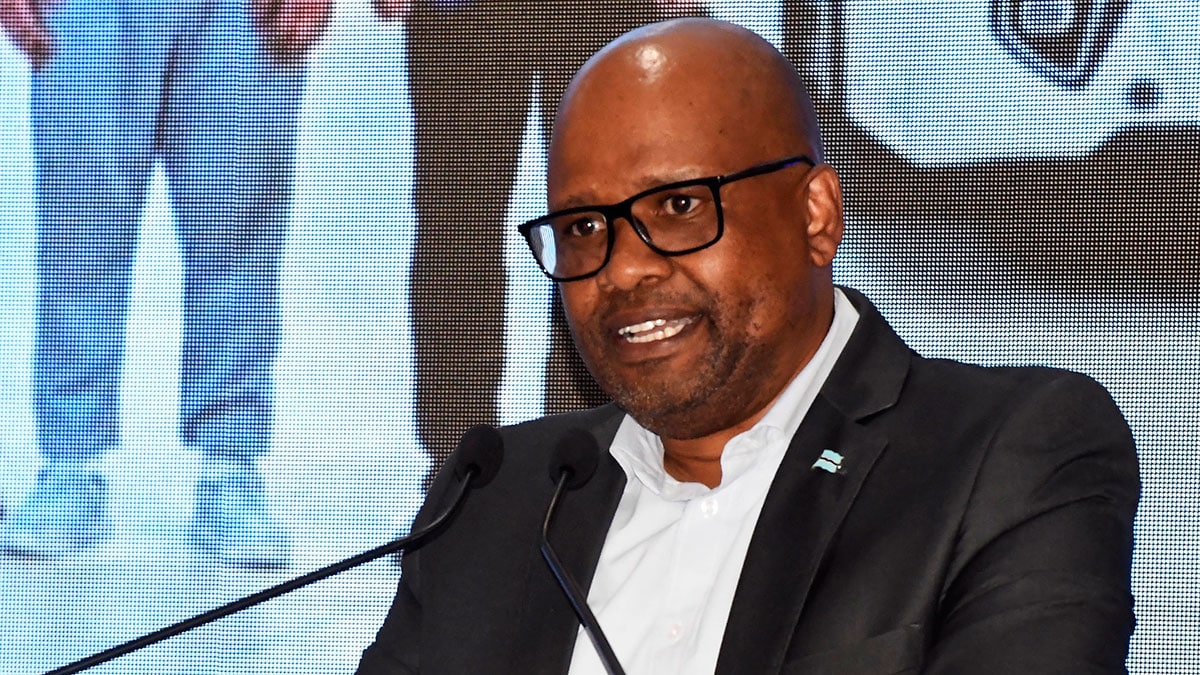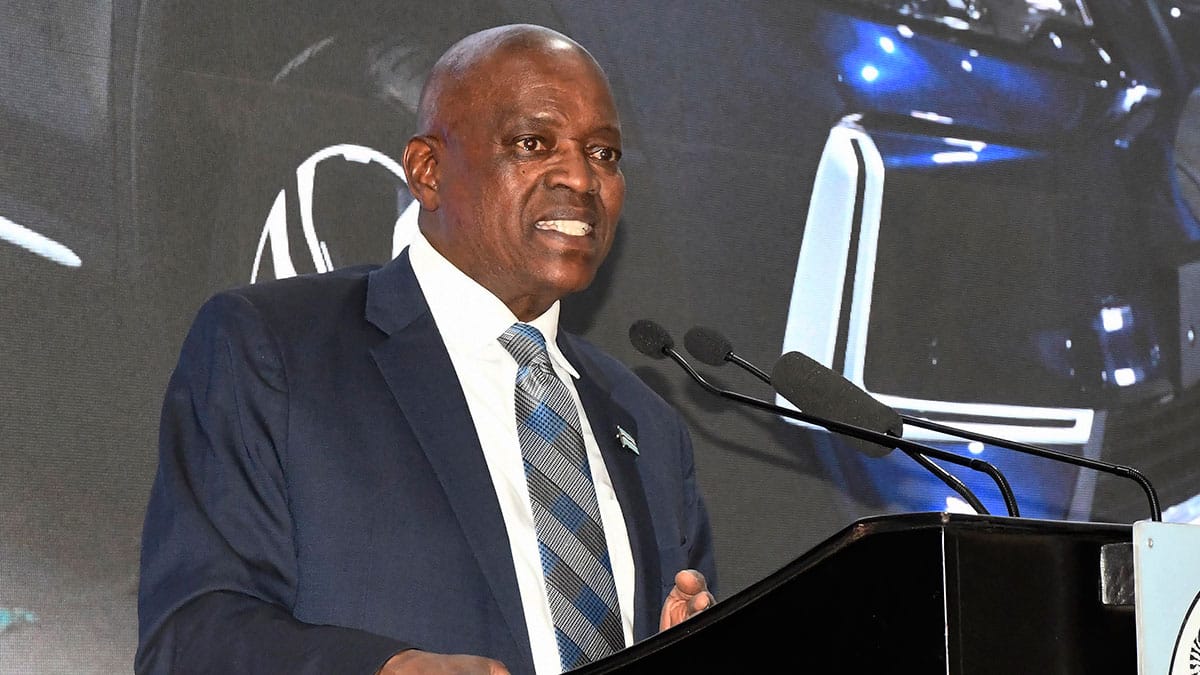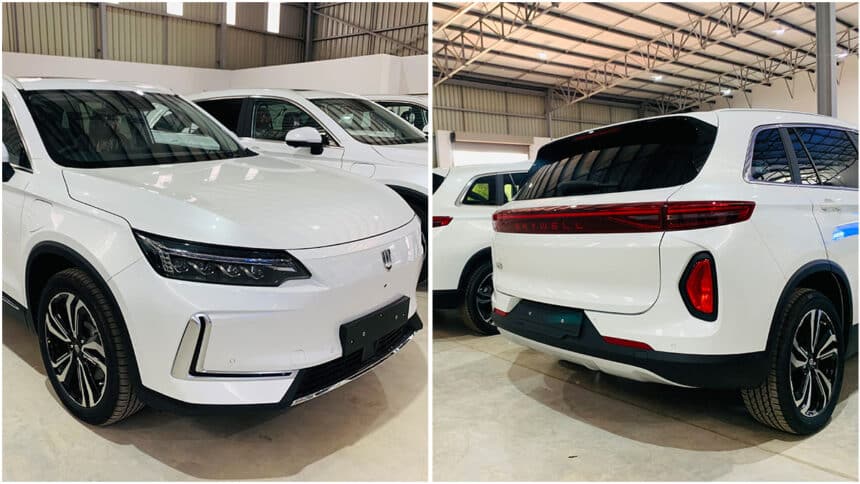Botswana’s e-Mobility program has reached a significant milestone, positioning the country among global automakers with the establishment of a new electric vehicle (EV) assembly plant in Gaborone.
The program, aimed at advancing the nation’s sustainable transportation agenda, seeks to accelerate EV production through international partnerships to meet the rising demand for eco-friendly vehicles.
Located in Commerce Park, the semi-automated plant is capable of producing three vehicles daily.
It has already made strides by assembling three electric buses and SUVs from parts imported from China.
The project is part of Botswana’s broader push to position itself as a leader in clean energy solutions.
Botswana Institute for Technology Research and Innovation (BITRI) Chief Executive Officer, Shedden Masupe, explained that the e-Mobility program was designed to promote innovation and research that drive economic growth.

“The intent was to position this country as a regional leader in sustainable transportation. Establishing electric vehicle infrastructure will help reduce carbon emissions and promote eco-friendly transport systems in communities,” said Masupe.
He also noted that the technological advancements resulted from partnerships with two Chinese companies—Skywell, specializing in SUVs, and CHTC, which manufactures buses.
The e-Mobility initiative is being rolled out in three phases.
Phase 1 focused on capacity building, Phase 2 on retrofitting (designing and building EV technology, and testing its feasibility through prototypes), and Phase 3, the current phase, focuses on scaling up assembly operations with private sector involvement.
The program has trained 150 technicians in collaboration with Botswana College of Engineering and Technology (BCET), Botswana International University of Science and Technology (BIUST), and the University of Botswana.
Fourteen of these trained personnel are now part of the assembly plant’s workforce.
President Mokgweetsi Masisi urged the team to focus on making the EVs competitive in the market.
“The critical thing is competitiveness; we must produce the best, the fastest, the most competitive. Botswana is ready to start its motor industry. We want to enhance the aspects of our knowledge economy that complement our natural endowments,” Masisi said. He emphasized that the EV program would drive economic growth, contribute to cleaner transportation, and position Botswana as a regional leader in sustainable mobility.
The program, which is an integral part of Botswana’s e-mobility strategy, is expected to boost the country’s economy while shaping its legacy towards cleaner, smarter, and more affordable vehicles.
“We are not trying to reinvent the wheel, but we want to be part of the global shift to e-mobility—not only for the economy and the environment but also to strengthen our knowledge economy,” added Masisi.

The fully charged electric SUVs can travel up to 520 kilometers, boasting an impressive 86kW per hour, and can be fully charged in just 20 minutes using fast chargers.
Meanwhile, the electric buses can cover a distance of 250 kilometers on a full charge, offering a sustainable solution for public transportation in the region.
















